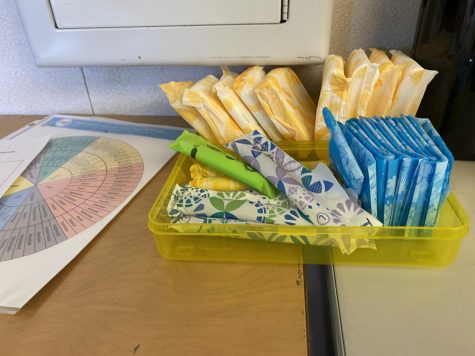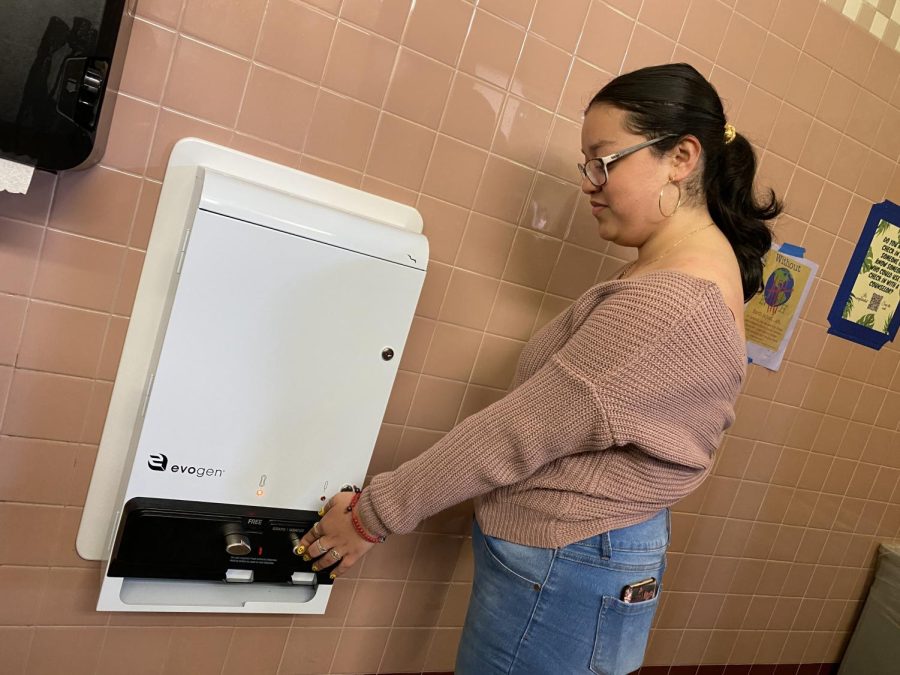Florida has passed Bill 1069, which bans the mention of periods before sixth grade in Florida public schools and includes additional restrictions expanding the contentious “Don’t Say Gay” bill. This means that in Florida, a significant portion of young people will start their period without being able to mention it – or be educated about it – at school.
It was passed on March 31, National Transgender Day of Visibility, by the House, bringing it one step closer to law. It still needs to pass the Senate before it becomes law.
Ten percent of U.S. girls have their first period by age 10, which reaches 26 percent by age eleven, according to the Center for Disease Control (CDC) – when they would be in fourth or fifth grade. The controversial bill also bans instruction on sexual orientation and gender identity and limits the use of preferred pronouns in schools.
“Knowledge is power. We know that some young people begin menstruation before the sixth grade. Those who menstruate before sixth grade may not have the information necessary to explain the drastic changes in their bodies if this education is banned in schools,” said Dr. Kristen Casey, a clinical psychologist whose specialties include gender and sexuality concerns.
There were protests inside the Florida Capitol about this bill, with an estimated 200 people and photos taken by photojournalist Alicia Devine with the Tallahassee Democrat and USA Today.
California law requires public schools to provide sex education in grades seven to twelve. In contrast to the Florida law, instruction often begins in grade five, where the basics of puberty, including menstruation, are covered. California also passed a state law in 2021 that all public schools spanning grades 6-12 must provide an adequate supply of free menstrual products.
Recently, Carlmont has moved to make menstrual products widely accessible and free, putting dispensers in the girls’ bathrooms on campus in addition to the products available in classrooms. Carlmont Academic Foundation (CAF) funds go towards stocking menstrual products.
Menstruation is a natural body function and a sign of good health. Young people need to understand, manage, and often hide their menstrual cycles. Carlmont students have discussed normalizing menstruation in the past.

“Periods are as natural as breathing or having a heartbeat. It happens to everyone born with a uterus. Stopping the conversation doesn’t stop the bleeding or the workings of the body. All it does is make young children feel bad and gross about the fact that they have a period,” said Georgia Kelly, a Carlmont junior.
Experts in women’s health agree with the sentiment that periods are natural and should be discussed.
“Periods and monthly menses are a natural part of our human existence and should be discussed openly with all children in ways that are appropriate to their age level and understanding of the human body. Withholding conversations around monthly cycles until the sixth grade is ignorant and continues to create stigma regarding fully natural body functions,” said Amanda Rue, founder of Alaya Rose Healing and Wellness.
While menstrual information is readily available online, it varies in reliability and tone, and students may not proactively seek out this information before starting menstruation.
“If no one is allowed to talk about menstruation or what to do, it becomes dangerous for new menstruators. They could think something is wrong and might not know what to do. It can be scary and new and needs to be talked about,” Kelly said.
“When people are provided age-appropriate sex and bodily education, they can develop a deeper understanding of their body while developing personal agency for the individual,” Rue said. “We learn to respect our bodies from the inside out, which builds confidence, and the ability to advocate for your needs throughout your lifetime.”
Research shows a link between shame and mental health, a growing concern for this generation of young people. According to the CDC, “Youth with poor mental health may struggle with school and grades, decision making, and their health.” The CDC also says that poor mental health is more common among girls and LGBT students, which this bill directly targets.
“Some girls may feel ashamed or embarrassed if they get their period before sixth grade, and it can be helpful to normalize this for all young girls so that they feel more confident and comfortable about these changes. It’s hard enough being a young person in the world right now. Lack of knowledge or information makes it more difficult,” said Dr. Casey.












